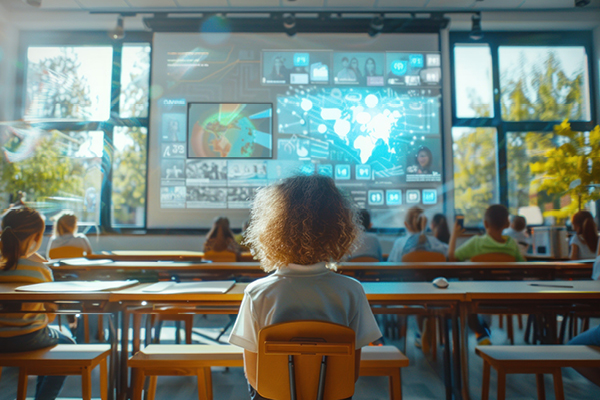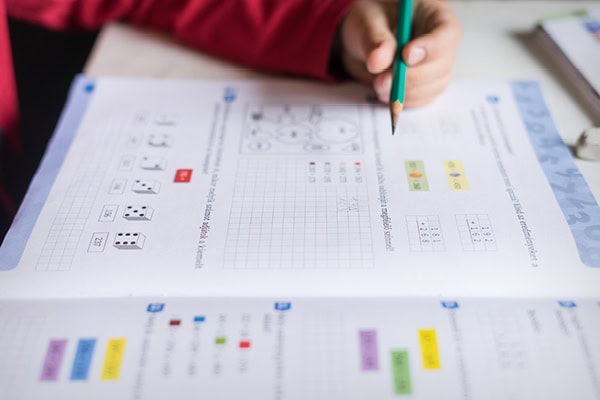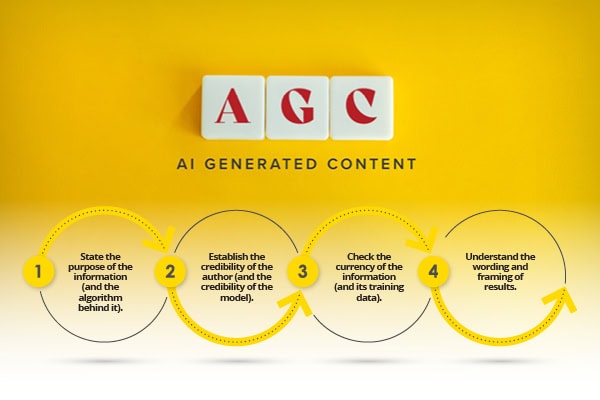Competition has been part of school as long as grades have been handed out. Now, according to research, many teachers continue to use competition to motivate students. But classroom competition today isn’t always what it once was, according to an Education Week article.
The 2025 version more often is a collaboration among teams, or group competition between classes within the same grade.
Using a LinkedIn poll, Education Week asked: Teachers, do you use competition to motivate your students? Of almost 1,200 respondents, most (61 percent) said “yes,” 16 percent said “somewhat,” and 24 percent said “no.”
Competition is often used to motivate students because teachers believe it works, according to an October 2024 EdWeek Research Center survey of 600-plus K-12 teachers. They were asked what factors, including competition, had motivated students in the past two years.
Eighty-six percent agreed that boys they teach are at least somewhat motivated by competition with classmates, and 84 percent said the same about girls in their class.
Not all teachers are sold on competition, though. Some say students can’t handle it; others don’t agree with it philosophically. Here’s what four teachers said on LinkedIn:
- “I like games and activities that are semi-competitive, but this year’s group of students do not have good social skills or sportsmanship attitudes. I am only using cooperative games to build some of those skills and avoid meltdowns (even from middle schoolers). The hyper-focus of my students on competitive winners/losers overshadows any learning that the competition might have boosted.”
- “Last year, certainly. A quiz game-style review worked well. This year’s cohort is overly competitive and can’t handle the aspect of being good sports. It results in crying and tantrums and shouting, even at the secondary level.”
While the above comments suggest that students’ immaturity or lack of social skills can prevent them from successfully participating in competitive activities, some teachers flatly reject using competition in the classroom altogether.
- “It makes winners and losers, and the purpose of learning is for everyone to learn.”
- “Never. After I read Drive by Daniel Pink and Punished by Rewards by Alfie Kohn, my whole view of motivation changed. People do not need to be bribed to find intrinsic motivation.”
Competition appears to be about winners and losers. But proponents claim more than feelings of failure or triumph are involved when it is “healthy” competition. This usually calls for teamwork and collaboration instead of individuals squaring off against each another.
Group competition positives can go beyond developing soft skills such as cooperation, problem-solving, and effective communication, experts say. It can build mental fortitude, according to a 2022 study of 11,235 U.S. children ages 9 to 13 who played sports.
Organized team sport participants, playing soccer, basketball or baseball, for instance, had lower rates of anxiety and depression, social problems, and difficulties with attention. Individual sport participants, such as gymnasts, wrestlers or swimmers, reported a greater prevalence of anxiety and depression, social problem, and attention problems.
Positive health outcomes among those playing group sports resulted from positive social interactions and feelings of connection with teammates, researchers suggested.
Negotiating, collaborating, problem-solving and communicating — skills developed through various forms of competition — can be enhanced in the classroom and on the field.
Education Week





